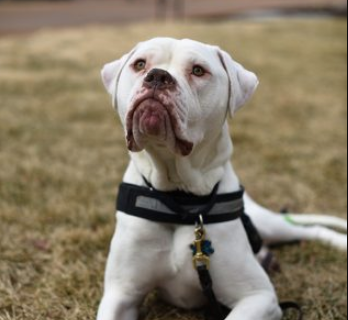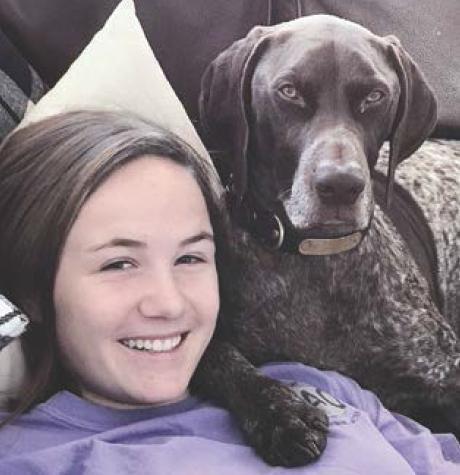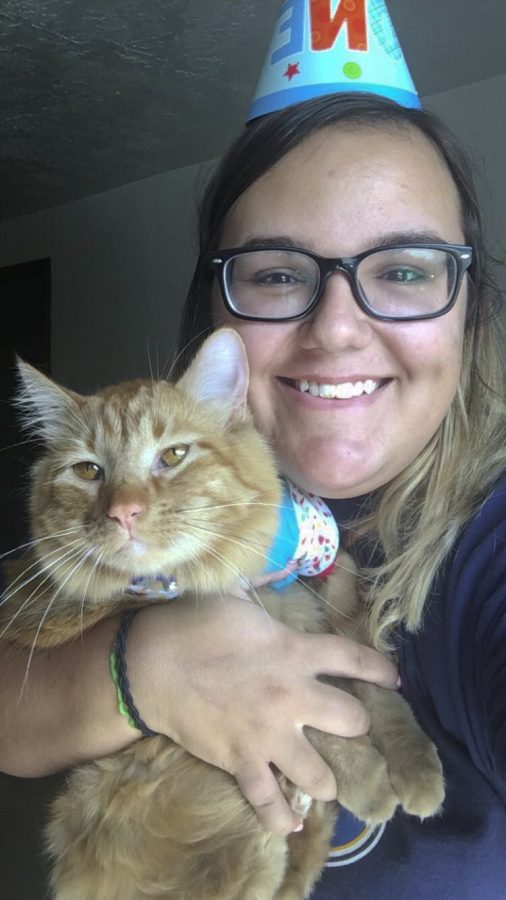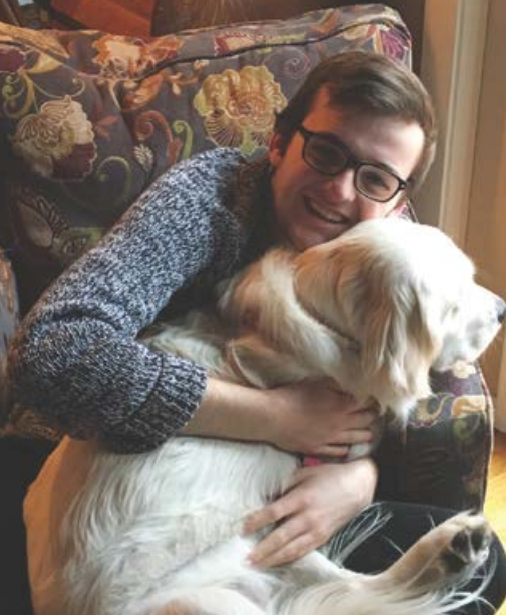Student discusses Micah Program and lumberjack fashion
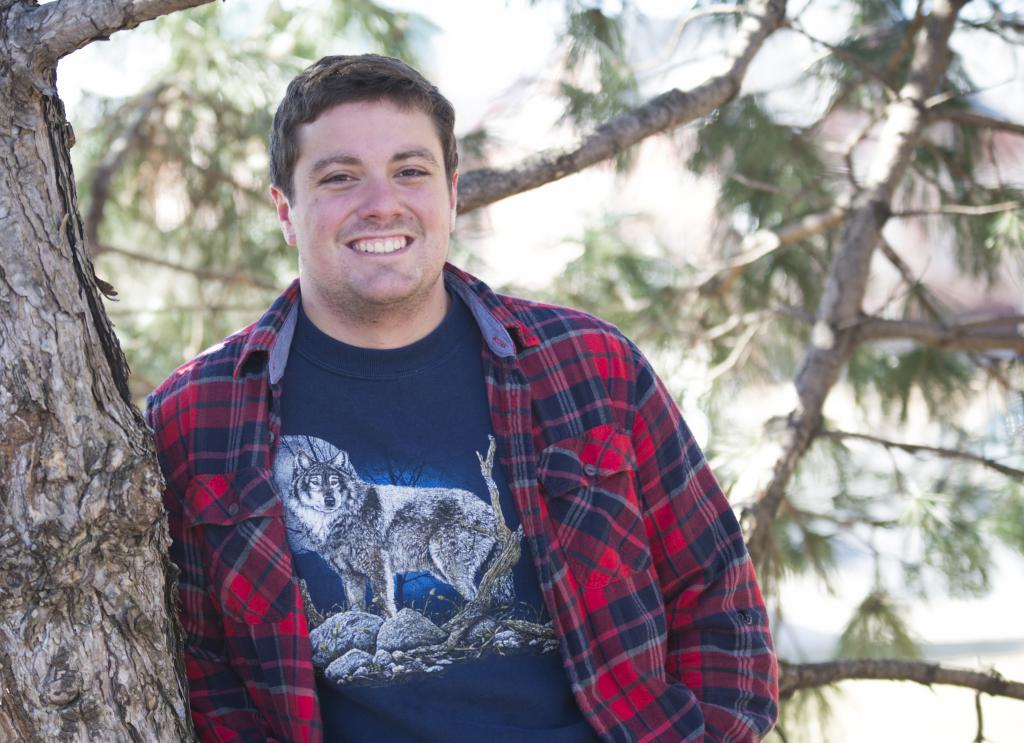
If you are looking for the true embodiment of a “Man for Others,” look no further than Michael Hauge. Hauge stands out among the crowd of Saint Louis University students with his rugged individualism, notable fashion sense and commitment to serving others.
Hauge, a senior majoring in Communication & Sciences Disorders, is one of only five male majors in the CSD program at SLU. He is a part of the Micah Program and will be furthering his education at a CSD graduate school program, where he hopes to serve in the Navy or the Department of Veterans Affairs as a speech pathologist. Hauge became interested in this field in high school when a friend with a mild stutter inspired him to look into speech pathology.
“We were having a conversation and (my friend) told me that if he had not gone to a speech pathologist when he was growing up, he would be completely unable to speak,” said Hauge. “That blew my mind. Here is this very crippling disorder, and yet we don’t hear about communication disorders as often as we hear about other disorders in the medical world.”
Hauge first recognized the major’s disproportionate female to male ratio when he first visited SLU, after walking into a CSD class where there were 40 females and zero males. That did not deter him, however, and he joined the CSD program as freshman. His gender is not the only thing that sets him apart from the crowd, though, as his fashion sense has become an identifier and friends started referring to him as “Mountain Man.”
“I wear a lot of flannel, I like to spend a lot of time outdoors, hiking, camping, kayaking, snowshoeing, hunting and other things like that,” said Hauge. “But honestly, before sophomore year, I had never really seen real mountains… it’s a term of endearment.”
Hauge was born and raised in Rockford, Ill. He explained that the town is divided by the Rock River. On one side of the river, the people are very affluent and the other side they are impoverished. This economic divide made Hauge recognize the social justice issues that come with this economic disparity, and it was one of the reasons that he joined the Micah Program. A mission trip to West Virginia helped Hauge with his interests and with learning solidarity with others.
Hauge explained that while in West Virginia he assisted in building a wheelchair ramp for a man, and after finishing the project the man shared stories with the team about his childhood as a form of appreciation for their help. Soon after, however, the man passed away and the students came to learn of their impact on the man’s life.
“(His wife) told us those three of four hours that he spent us… was one of the happiest moments of his life,” said Hauge. “And this is a man who lived 55 to 60 years, that was very eye opening. At that moment, we realized the power of being with people, sharing stories and seeing life as a big narrative.”
Hauge’s ultimate plan after attending graduate school is to give back to military veterans.
“The advocacy of those guys are just not there (who are suffering from traumatic brain injuries),” said Hauge. “There is a need for therapists…I think right now my plan is to join either the Navy or the Air Force. It would definitely take a big commitment and if it doesn’t work out, then I would love to get a job in the VA (Department of Veterans Affairs)… these guys get forgotten about sometimes and it is really tragic. They give everything that they have and they can’t find work or other opportunities.”




